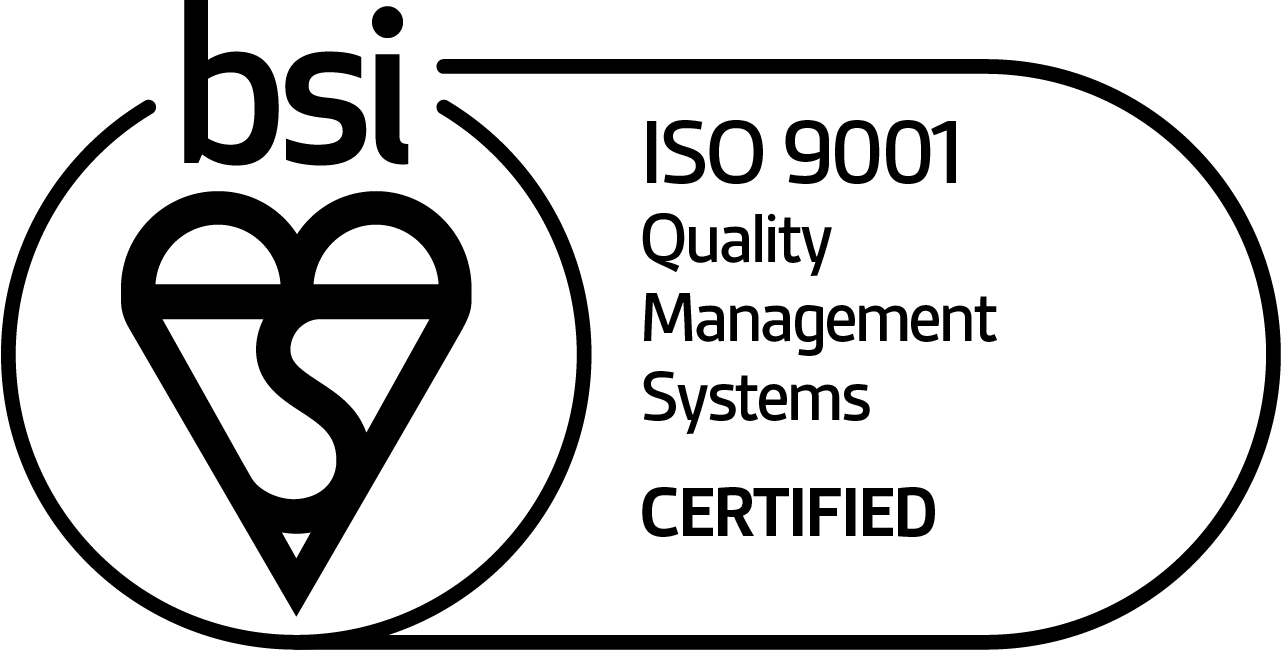| Supination vs. Pronation: Rolling with the Motion21 December 2015 When we place our feet on the ground, the foot will roll to compensate for the movement and the pressure being placed on the foot and ankle. For some people, it rolls just the right amount. For others, the foot either rolls too far or not far enough and both of these can cause problems. Know Your EnemyIf you can identify whether you fall into the former or latter category, you’re halfway there. An easy way to identify which way your foot is rolling is to look at your shoes. By placing them flat, you can identify where the wear is on the shoe. For a foot that does not roll enough, the shoe will tilt outwards when placed on a flat surface. The wear of the shoe will be along the outside edge. For a foot that rolls too much, the opposite is true. It is the inside edge that has borne the brunt of the pressure and worn away, resulting in the shoe tilting inwards if placed flat. Now you know which way your foot rolls. But what does that mean? You might try and look into it, but swiftly come across two words being thrown around: Supination and Pronation. This puts you back at square one; how do you know what you are suffering from? SupinationSupination is the first of these options. It refers to insufficient rolling of the foot and those with high arches or tight Achilles tendons tend to be guilty of this. When the foot is placed on the ground, it remains straight rather than the natural roll, causing additional pressure and stress on the foot, ankle and ligaments. This extra stress can lead to both plantar fasciitis and Achilles tendinitis if left unchecked. Supination can also lead to sprained or damaged ankles; the natural outward roll as we press off from the ground goes too far, threatening to force the ankle over further each time. PronationAlso known as over-pronation, this is the opposite. Pronation is where the foot rolls inwards too much when it is placed on the ground. Those who suffer from knock-knees or flat feet often suffer from pronation. As the foot is placed on the ground, it continues to twist inwards. This can cause pain in the ankle, shin and knee as the foot and muscles are pushed into an unnatural position. TreatmentIdentifying which condition you may be suffering from makes it easier to determine what to do about it. But the treatment is the same for both: the correct shoes must be worn. It is important to find the shoes with the right level of support to help correct this roll, regardless of which way it goes. The use of orthotics or a specialist’s advice is necessary for more extreme cases if pain has been caused. Although you can identify yourself which condition you are prone to, it is best to seek professional advice when it comes to choosing your footwear and orthotics to ensure they correct the balance efficiently. There are a range of insoles for both Supination and Pronation available through Shoe Insoles. Have an explore today. |









